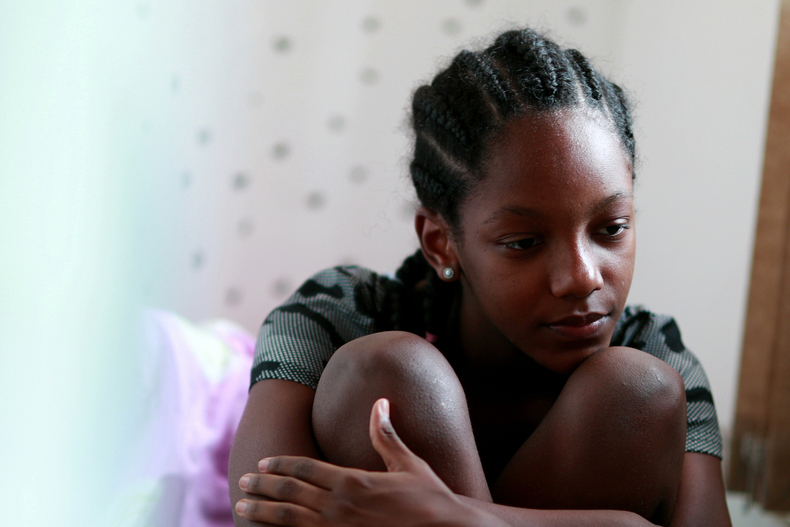According to statistics from Mental Health America, more than 13% of teenagers between 12 and 17 reported suffering from at least one severe depressive episode in 2020. Teenage depression differs from the mood swings and rebellious episodes that often characterize adolescence. Instead, it’s a mental illness parents, teachers, coaches and guardians should educate themselves about.
Teen Angst or Depression?
Now that the 2022-2023 school year – and the third year of the COVID-19 pandemic – are in full swing, some teens may be struggling to cope. We continue to see the ripple effects caused by the pandemic, from school closures to disrupted routines and widespread illness. These may hit teens harder at a stage in life that already has so many challenges.
If you’re helping guide a teenager through the ups and downs of puberty, you can look for several warning signs that separate ordinary teen moodiness from depression. Depression symptoms significantly affect adolescents’ ability to function, and can include:
- Anger, irritability and pronounced sadness
- Sleeping or eating more or less than usual
- Losing interest in formerly enjoyable activities
- Neglecting self-care, such as hygiene
- Isolating from family and friends
- Slipping grades in school
- Hopelessness, worthlessness or suicidal thoughts
- Physical aches and pains
- Hallucinations
The more evident these symptoms become, the more likely it is that your teen is experiencing depression and not merely a brief phase. Sadly, many teenagers living with depression do not get the correct diagnosis, which can delay their much-needed treatment.
How to Help a Teenager With Depression
Wanting more privacy and separation from family is a normal part of adolescence. As a result, it may be harder for you to spot any drastic changes in your child’s mood or behavior. However, if you notice any of the above symptoms lasting two weeks or longer, that could be a warning sign of major depression. Teenagers can also experience dysthymic disorder, a milder form of depression that may not prevent them from carrying out daily responsibilities, but which can still adversely affect their relationships and quality of life.
Teenage depression frequently co-occurs with other disorders like substance use, anxiety, suicidal ideation and self-harm. If left untreated, teen depression can persist into adulthood and can cause increasingly serious difficulties, such as trouble finding and keeping a good job. That’s why it’s essential to keep an open line of conversation between you and your teen. Ensure your son or daughter knows you’ll always listen to their concerns without judging.
Restoring Young People’s Bright Futures
The Pine Grove Child and Adolescent Unit is a modern, 30-bed facility that offers treatment for children and adolescents with psychiatric and substance abuse issues. We have specifically designed our inpatient and outpatient programs to address young people’s unique needs, including on-site educational support to help our younger clients continue their studies without learning loss.
Our professional staff has two board-certified child and adolescent psychiatrists, a psychiatric mental health nurse practitioner, a clinical therapist, expressive therapists, nurses and counselors. All of Pine Grove’s child and adolescent programming includes family therapy. To learn more about how we can help you and your child, please reach out to us today.

